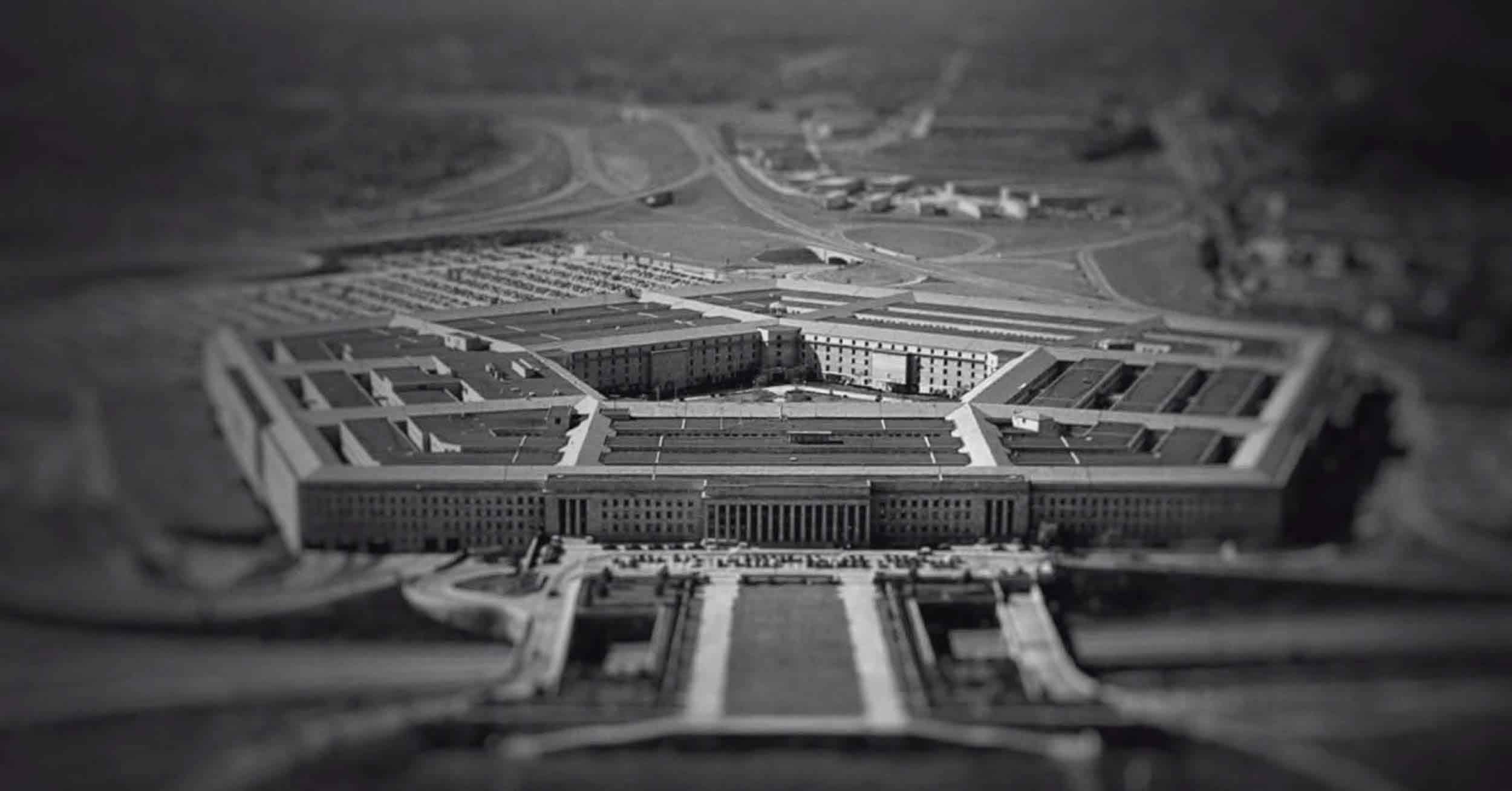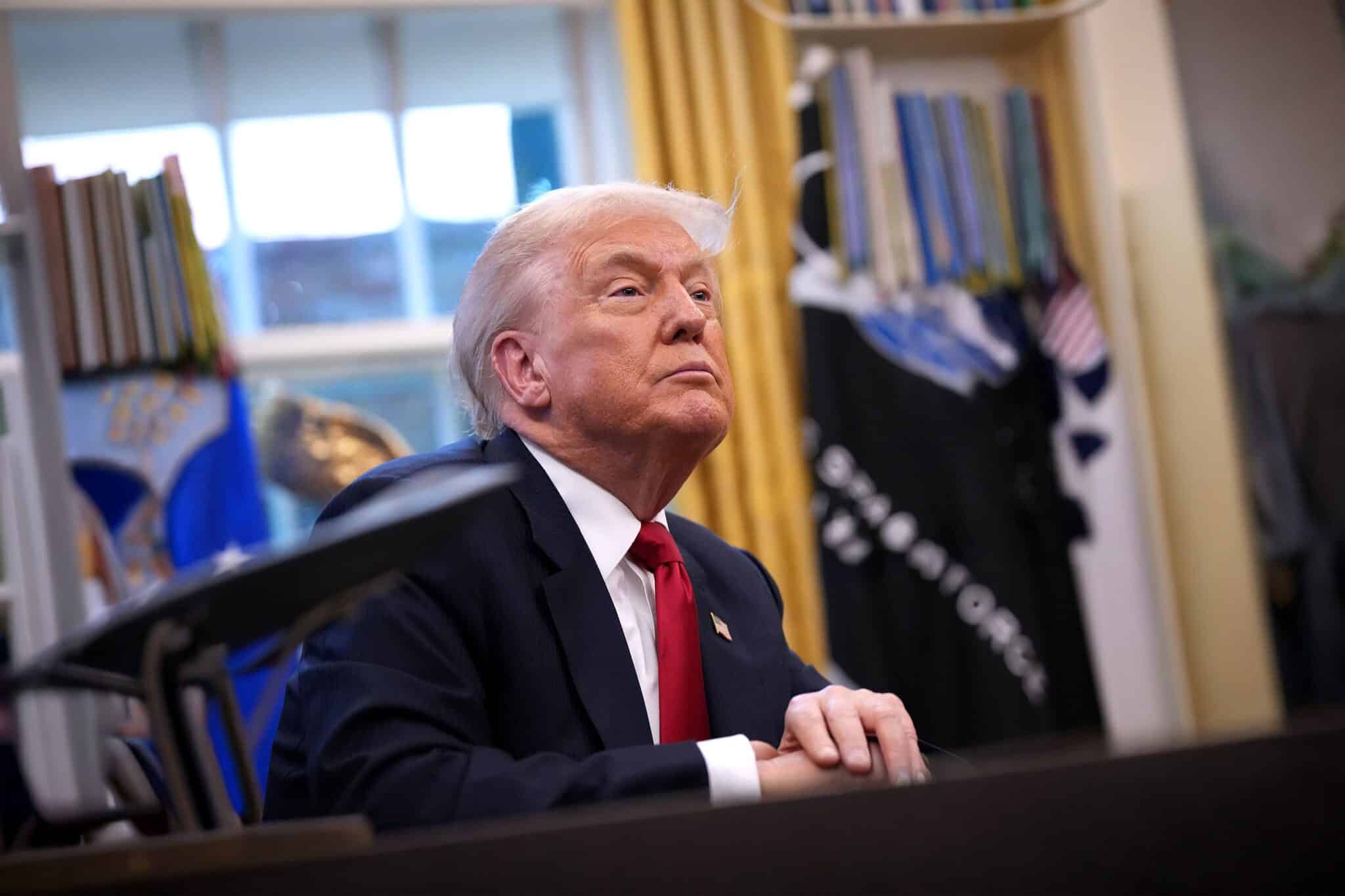After the massive nearly $2 trillion CARES Act sailed through Congress in March, it became clear that the next package would be slow coming and there would be a lot of legislative shadowboxing going on. After the HEROES Act (May) and the HEALS Act (July) punches failed to land on the president’s desk, we just saw the latest jab miss.
The “Delivering Immediate Relief to America’s Families, Schools, and Small Businesses Act” (guess the person in charge of snappy acronyms is on vacation) aka the “skinny” relief package failed on the Senate floor Thursday. All but one Republican voted for it (52 votes) but 60 were necessary to move it across the floor. Back to the drawing board for lawmakers and the administration to come up with something that can get over the goal line. Because there are legitimate needs to be addressed to help small businesses and individuals navigating the pandemic economy.
But what was in the skinny bill and how did it compare to HEROES and HEALS Acts. Well, skinny is not a word we would necessarily associate with a massive COVID-19 relief package. It may be significantly smaller than its two predecessors, but it’s still nearly 300 pages long and if you don’t count the specious offsets, it’s $650 billion. Nonchalantly referring to it as “skinny” is what got us into the situation where even before the pandemic the country was running trillion-dollar deficits. Now the Congressional Budget Office pegs the fiscal year 2020 deficit to be $3.3 trillion and projects that publicly held debt will exceed 100 percent of Gross Domestic Product next year, something we haven’t seen since right after World War II.
One thing it has in common with the HEALS Act is Senate Majority Leader McConnell’s precious liability shield. As we have written before, a liability shield would protect employers who were negligent in protecting employees and customers from COVID-19. The shaky justification is potential “frivolous” lawsuits that have yet to emerge. Instead the burden and cost will be shifted to individuals putting themselves at risk to keep the economy moving during a global pandemic and then onto taxpayers.
Another thing in common with previous legislation is yet more “walking around” money for the Secretary of Agriculture. The $20 billion included is on top of the $30 billion Congress and USDA already committed to compensate farming and ranching businesses for COVID-19 related losses, $20 billion of which remains unspent. So, even though the Secretary has failed to disburse two-thirds of the financial tools available, four months after announcing the Coronavirus Food Assistance Program, Senate Republicans plan to hand over $20 billion more. All to the “Office of the Secretary” with only 14 lines of bill text to direct the Secretary on how it may be spent. Compare this to the House Democrats HEROES Act which used 766 lines to direct $17 billion in agricultural financial assistance or the Secretary of Commerce where 33 lines of text in this bill directs $500 million in “Fisheries Disaster Assistance.”
One difference is the specious offsets mentioned earlier. Essentially, the bill clawed back unspent funding in previous legislation for the Federal Reserve loan programs and the original Paycheck Protection Program. Using unspent funds that aren’t going to be spent (for example the PPP had expired) as an offset for new spending (such as the new PPP in this bill) is a budgetary sleight-of-hand that has real consequences for the deficit.
After yet another failed legislative haymaker, lawmakers need to go back to the drawing board and prioritize programs that provide a lifeline to small business and unemployed people, helps parents and colleges with education needs in the midst of a pandemic, and avoid lining the pockets of corporations with easy access to capital. Oh, and fund government before end of the fiscal year in less than three weeks time.










